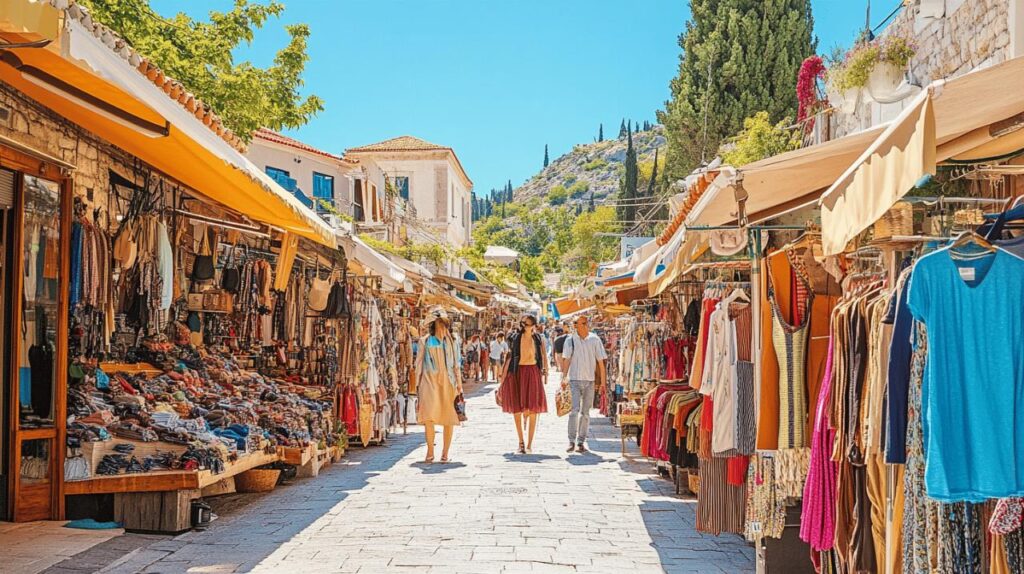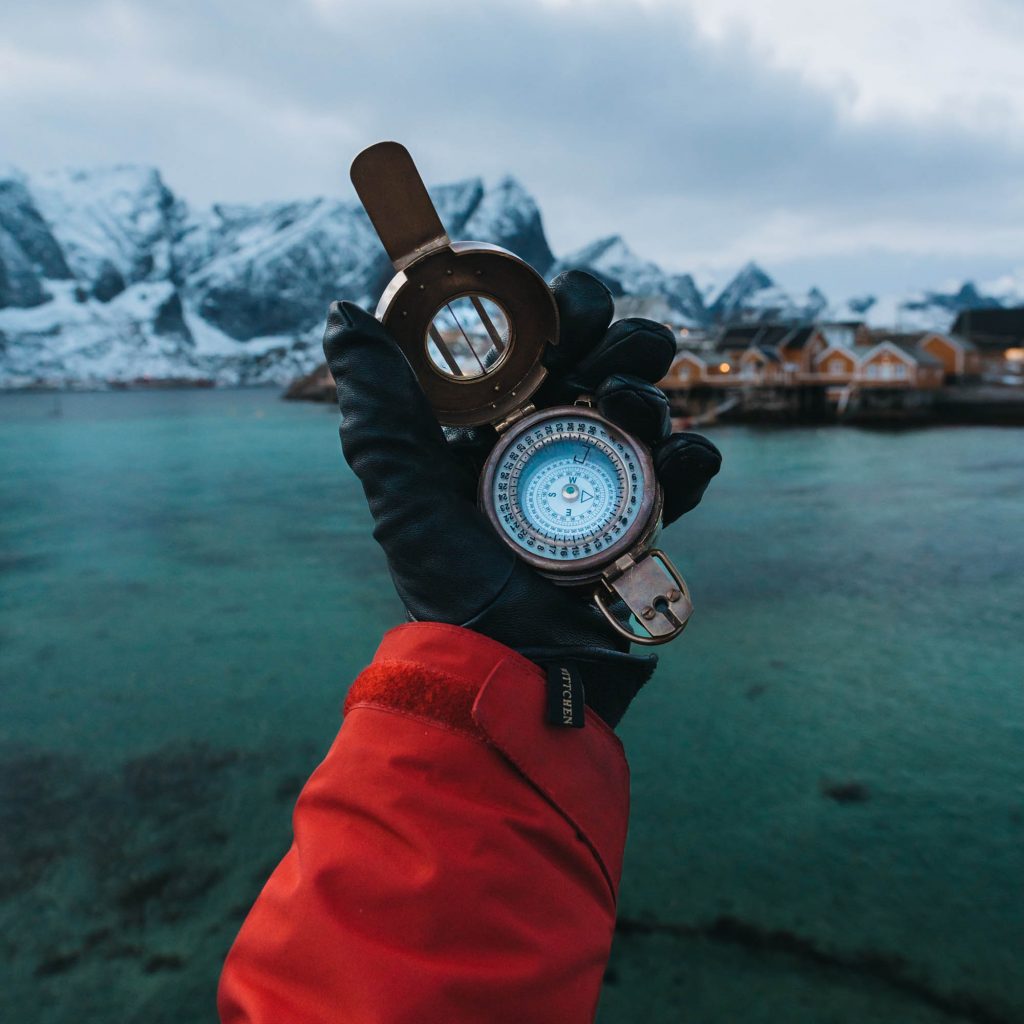In today’s rapidly evolving retail landscape, understanding how to navigate the world of fashion shopping can significantly enhance your overall experience. With constant changes in trends, technology, and consumer preferences, staying informed is more crucial than ever. This article explores essential tips to elevate your fashion shopping journey, whether online or in physical stores.
Discovering current fashion trends
The fashion industry moves at an increasingly rapid pace, with trends emerging and evolving across various platforms. To truly elevate your shopping experience, it’s vital to stay informed about current styles before making purchasing decisions. Many fashion enthusiasts regularly visit https://www.effepistore.it/ and similar style blogs to keep abreast of emerging trends in European fashion markets. These resources provide valuable insights into seasonal shifts and can help you make more informed choices when updating your wardrobe.
Researching seasonal style changes
Fashion follows distinct seasonal patterns, with designers and retailers introducing new collections throughout the year. Digital commerce platforms have transformed how we access information about these seasonal transitions. Social commerce has become particularly influential, with experts projecting this market to grow beyond £2 trillion by 2025. The average consumer now spends nearly two and a half hours daily on social media, where trend forecasting and style inspiration have become increasingly accessible. Fashion influencers, especially micro-influencers with their authentic approaches, often achieve up to 60% more engagement than their larger counterparts, making them reliable sources for trend information.
Identifying key pieces for your wardrobe
Once you understand current trends, the next step involves determining which items merit inclusion in your personal collection. The rise of understated luxury and minimalistic fashion reflects a growing appreciation for quality over quantity. This approach encourages thoughtful curation rather than impulsive purchasing. When identifying essential pieces, consider how they align with sustainability values, as the fashion industry contributes significantly to environmental challenges including 20% of industrial water pollution and up to 10% of greenhouse gas emissions. Research indicates that 62% of younger shoppers prefer sustainable brands and will invest more in ethically produced clothing. Many luxury retailers now emphasise these values through both their product offerings and in-store experiences.
Maximising your shopping trips
The physical shopping experience remains irreplaceable for many fashion enthusiasts, especially when purchasing luxury items. Data shows that consumers tend to spend more during in-store visits compared to online shopping sessions. Creating a strategic approach to these shopping excursions can yield better results in terms of satisfaction, value, and overall experience. Retailers have recognised this preference and continue investing in physical store enhancements, with experiential retail becoming increasingly prevalent across fashion capitals. 
Planning effective shopping routes
Strategic planning before embarking on a shopping trip can significantly improve efficiency and enjoyment. Visual merchandising plays a crucial role in the modern retail environment, with effective lighting alone potentially doubling sales in certain contexts. Many shoppers now research store layouts and exclusive offerings before visiting physical locations. Technology integration has further transformed this process, with 82% of shoppers consulting their mobile devices while browsing in stores. Innovative retailers now offer interactive displays and augmented reality features, with 58% of consumers reporting that AR technology helps prevent returns by providing more accurate product visualisation. Considering these factors when planning your shopping route can create a more rewarding experience.
Creating budget-friendly shopping strategies
Developing financial boundaries for fashion purchases represents an essential aspect of sustainable shopping. The rise of resale fashion markets offers opportunities for both economic and environmental benefits. Clienteling, the practice of offering personalised shopping services, has demonstrated remarkable results for retailers, with one brand attributing over £160,000 in monthly sales to this approach. For shoppers, this translates to more tailored recommendations and potentially better value. Many stores now host special events like workshops and fashion shows, promoted through email and SMS campaigns, which can provide access to exclusive discounts and previews. Community-focused brands recognise that emotionally connected customers demonstrate three times higher lifetime value and are significantly more likely to recommend their favourites to friends and family. Incorporating these considerations into your shopping strategy can enhance both experience and value.






